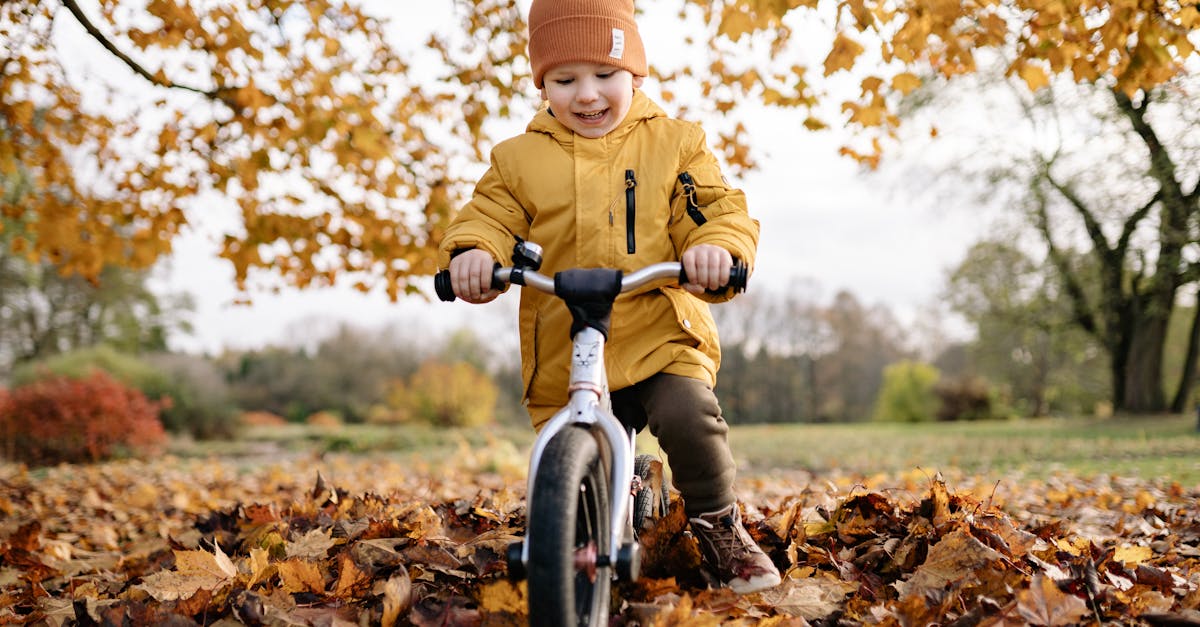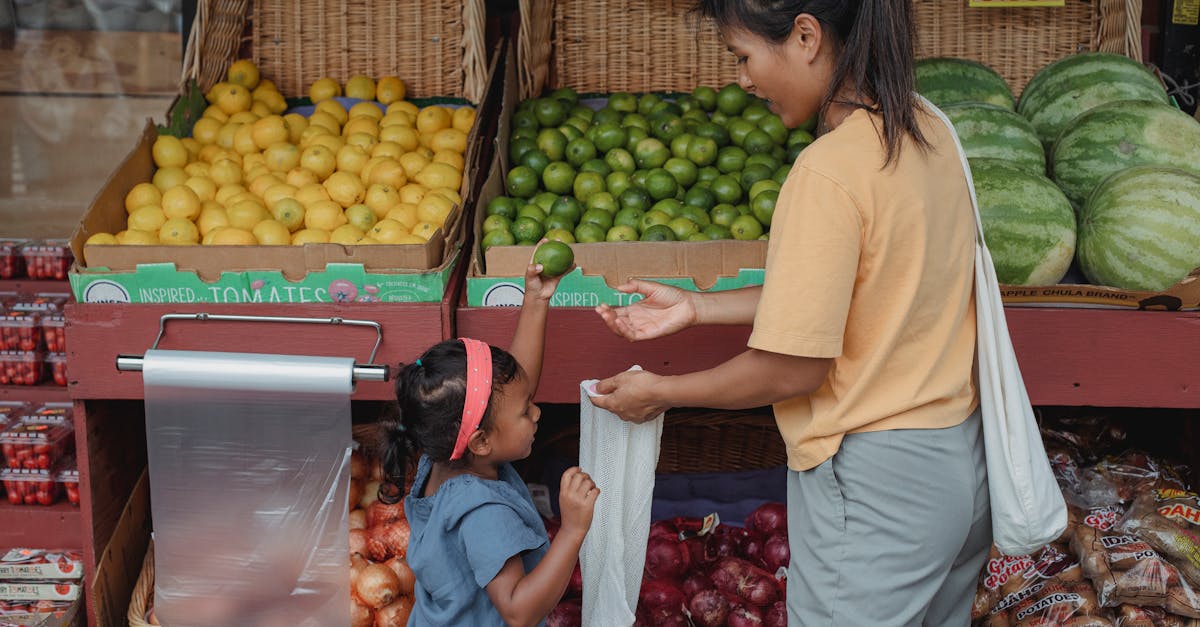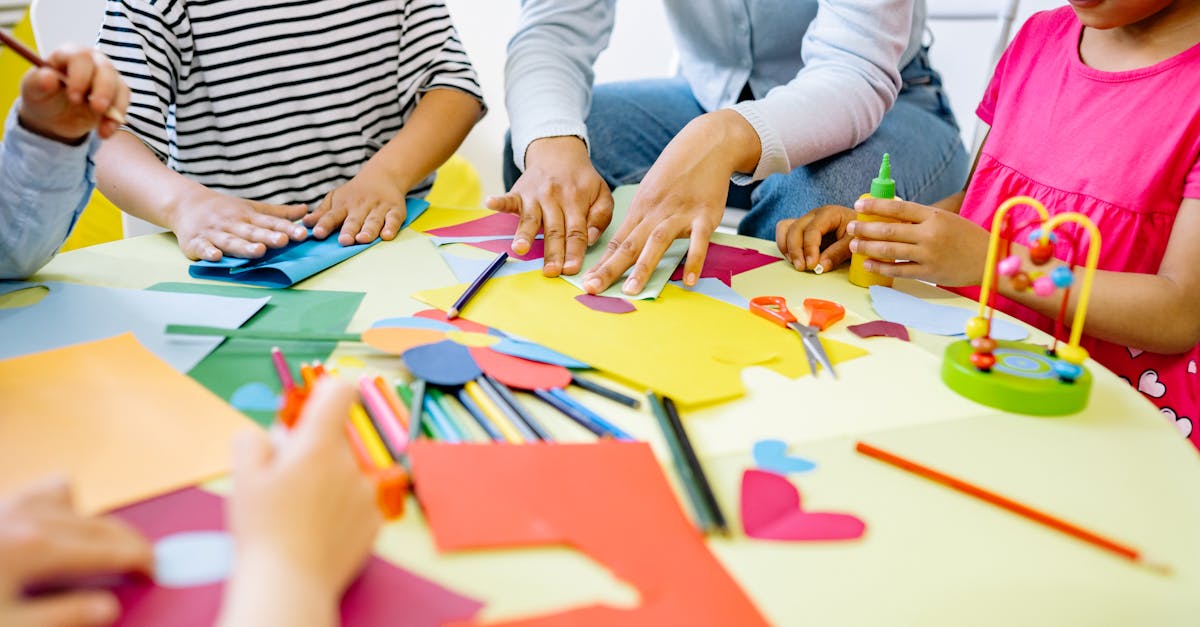Why Kids Should Care About the Planet
Why should kids bother about the planet? Well, here’s the deal—it’s their future playground! Think of the Earth as the biggest toy they have, one that needs a bit of looking after.
Some kids might wonder, “Why not just throw trash away instead of this recycling business?” Or, “What’s the big deal with using less water?” Every big change starts with little actions.
When children love something, they take care of it—like that favorite stuffed animal that went through too many wash cycles but is still by their side! Let’s cultivate this love for our planet.
Starting the Conversation
Start conversations about how nature is like their favorite magical forests. Understanding why they are doing something often sparks more curiosity and care.

Encouraging a sense of responsibility toward the Earth can be achieved through simple activities:
- Explore nature: Go for walks and observe the beauty around!
- Interactive learning: Share stories about the environment or read books focused on conservation.
- Take small actions: Encourage recycling at home and explain why it matters.
- Water conservation: Show them fun ways to save water, like collecting rainwater.
With a little guidance and encouragement, kids can grow into passionate stewards of the planet!
Making Eco-Learning Fun with Activities
How about turning eco-learning into an adventure? Start with playful activities like nature scavenger hunts. Have them collect leaves, nuts, or rocks, and make art with them. Planting a small garden plot can be magical—watching tiny seeds grow instills a sense of wonder and responsibility.
You could even host a ‘Recycle Art Day’, where you transform trash into treasure. It’s not just about creating; it’s about fostering creative solutions for waste.
Remember, keep it light-hearted; laughter is a powerful tool. Have you ever tried planting seeds with a stubborn cat who thinks it’s their new litter box? Say that with a chuckle and show persistence when gardening with kids!

Start Small: Teaching Through Everyday Actions
Start small, and remember that every action counts. Teach them how turning off lights saves energy—or how choosing a bike ride over a car trip can make a difference. Make it relatable:
“Hey, you know how you feel after you tidy your play area? That’s how the Earth feels when it’s clean too!” Use stories and analogies they’ll understand.
When kids see their efforts making an immediate change, it becomes a fun game. It’s a smart move to channel the energy of a child explaining why they shouldn’t finish their vegetables towards why recycling matters!
Transform everyday actions into teachable moments, and it won’t feel like a lesson at all.

Tackling Emotional Ups and Downs
Children may feel frustrated when told they can’t have things they want because it harms the environment. Helping them deal with these emotions is key. Here are some strategies to consider:
- Encourage Open Dialogues: Initiate discussions by asking, “Why do you think we save water?”
- Listen First, Then Guide: It’s important to hear their thoughts before offering advice.
- Use Humor: When tensions rise, laughter can break barriers and lighten the mood.
- Acknowledge Their Feelings: Let them know it’s okay to not feel great about every eco-friendly choice, such as giving up their favorite plastic toy.
- Share Your Own Experiences: Relate to them by sharing moments like forgetting your reusable bags at home for the umpteenth time.
Remember, every responsible act is a step forward, even if there are stumbles along the way.

How to Lead by Example
Kids learn by example faster than through any infographic you can find online. Model the behavior you want to see: recycle diligently, reuse wisely, and reduce continuously. Show them fun, eco-friendly habits—like creating a compost bin or shopping at a local farmers’ market.
Let them join in, making them feel important. This brings about genuine curiosity and emulation. Discuss why the family makes these choices, linking actions to positive impacts.
Family Initiatives
- Have family challenges: who can reduce waste the most this week?
- Celebrate green successes.
Channel the enthusiasm of a kid who just spotted their first rainbow: everything becomes a source of excitement and pride when shared positively.

How Parents Can Encourage Ongoing Eco-Responsibility
Keeping the spark alive starts with encouragement. Celebrate small victories, like the first time they remember to turn off the tap. Offer praise that counts. Ask questions, like “What new ways can we protect our playgrounds?” Encourage projects, perhaps a recycling drive in your neighborhood.
Keep them engaged—subscribe to kid-friendly environmental newsletters or YouTube channels. Engage through challenges, such as:
- Plastic-Free Day
- Swap-It Challenge
Foster a fun eco-community with friends. Here’s the secret ingredient: keep learning, exploring, and sparking conversations. Like their endless fascination with why the sky is blue, encourage that same wonder with environmental responsibility. Make it a journey; you’re all explorers together!

